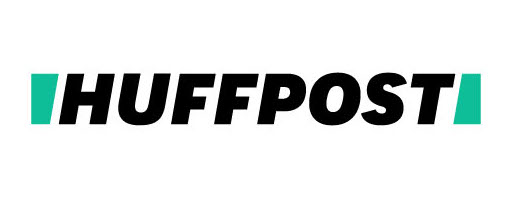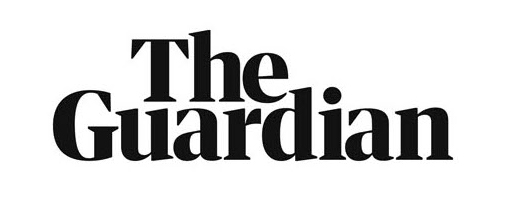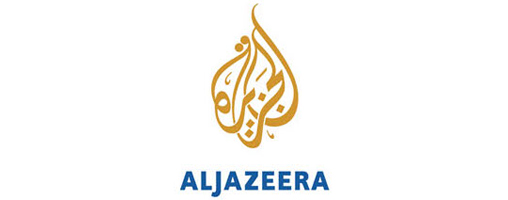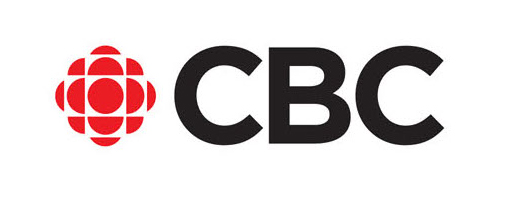Female Empowerment. Why Menstruation is Key.
Menstruation is one of the most significant public health issues in the world and the single largest obstacle to female empowerment, and yet, it is an issue that is shockingly under-addressed, under-funded, and under-discussed. It is the last taboo in both industrialized and developing societies.
Let me explain.
In Kenya, a girl will miss an average of three days of school each month because of her period. This is because she is unable to purchase appropriate supplies to manage her body, or because she is taught to be ashamed of this natural aspect of her femininity, or because she is scared of being teased and mocked by her classmates. This increased absenteeism leads to increased drop-out rates, and fewer girls having the opportunity to excel academically and attend secondary or post-secondary school.
When a girl is unable to purchase sanitary pads, she resorts to alternatives such as rags, mud, newspapers, bits of her mattress, leaves, and even used sanitary pads she might find in the garbage. Needless to say, these methods are not only ineffective but also put her health at risk, potentially causing a variety of infections and disease.
It gets worse.
In the Mathare slum in Nairobi, it is estimated that at least 50% of women trade sex for pads every month. Girls as young as twelve or thirteen years old take economic responsibility over their bodies and move to the streets, all for a package of sanitary pads priced at 65KSH (approximately one Canadian dollar).
Femme’s programmes in Kenya focus on educating school-aged girls on menstrual health – what happens to their bodies, and why. We also teach them safe and effective methods of managing their period, and provide them with sustainable resources and safe spaces to talk about their bodies and ask the questions they need to ask.
So long as girls are unable to manage their own bodies in safe and effective ways, the gender disparity will continue to exist. By educating women, and providing them with sustainable access to health resources, we are unleashing a generation of educated and active citizens, enabling them to take control of their bodies and achieve their potential.
A woman’s biology should not be a leading cause of her own oppression. Period.
Sabrina Rubli










